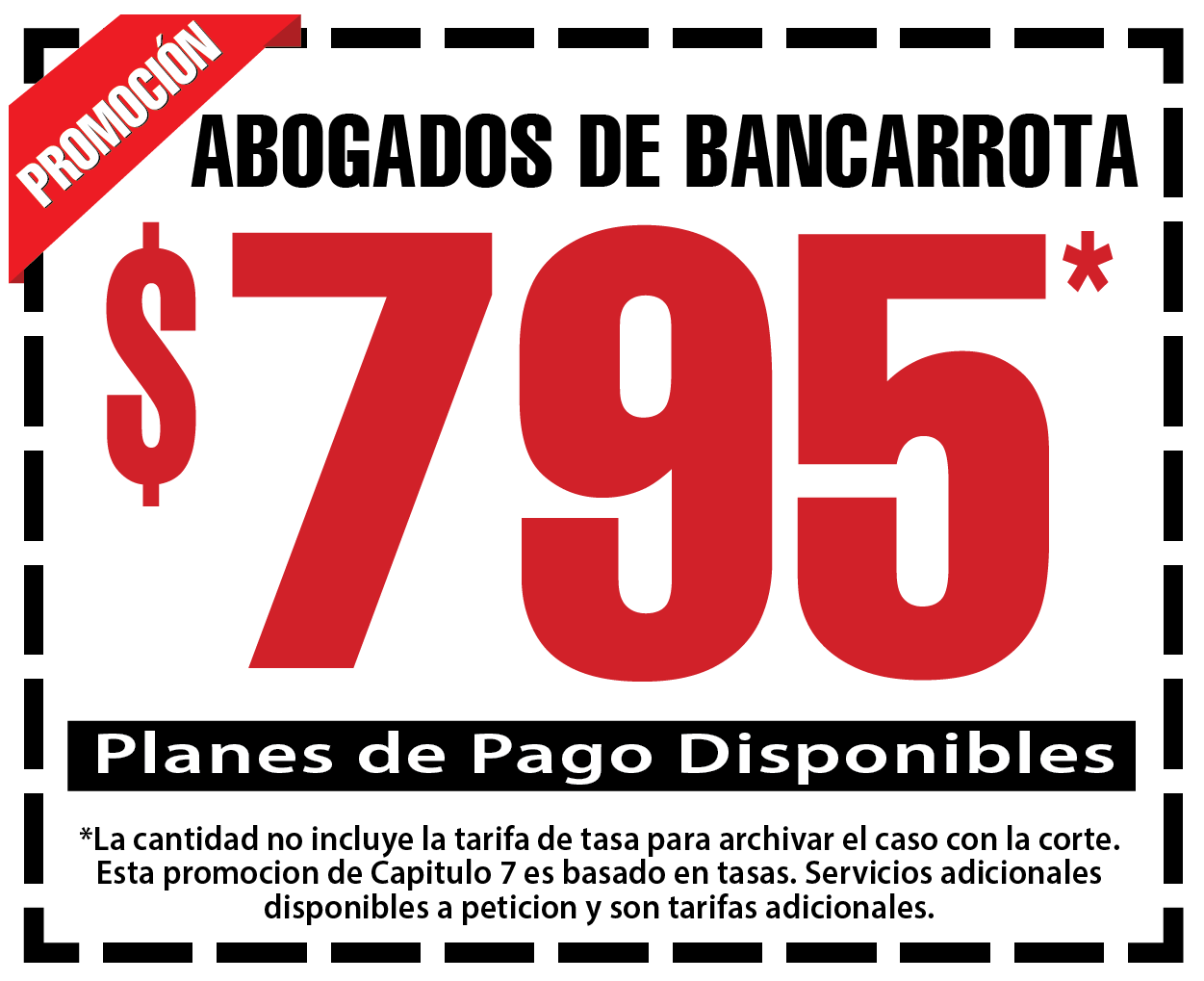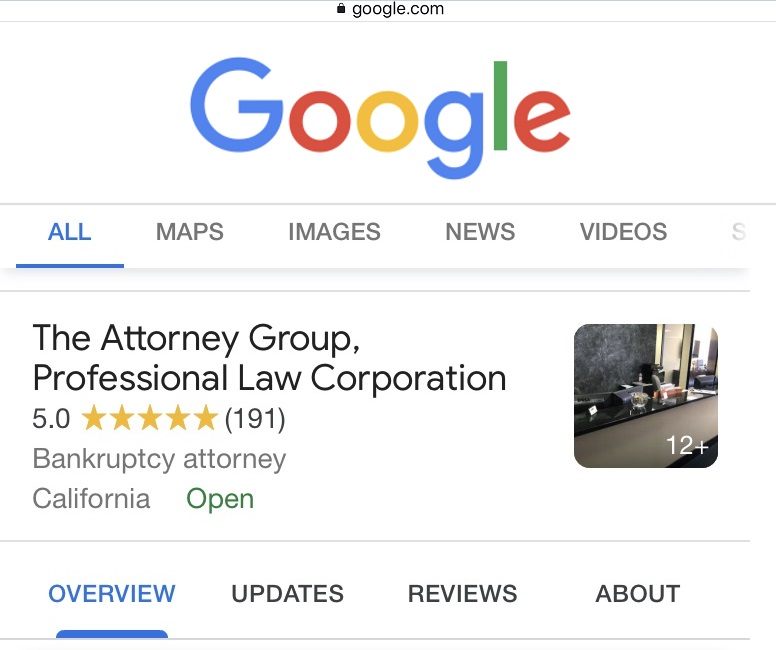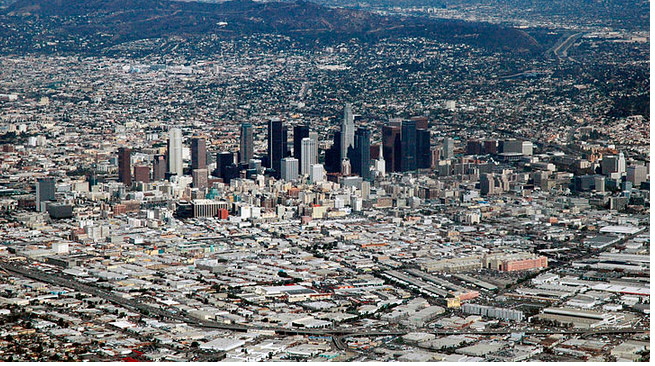Abogado de Bancarrota en Hopland
- Abogado de bancarrota Corporativo y Personal ubicado en Hopland, California.
En The Attorney Group, nuestro Abogado-Apoderado experto en Bancarrota ubicado en Hopland, puede ayudarle a eliminar sus deudas de tarjetas de crédito, préstamos a corto plazo, préstamos personales, cuentas médicas, deudas por impuestos y otro tipo de deudas u obligaciones. Tenemos 36 lugares en California para encontrarnos con usted.
Hopland, California ha sido duramente golpeada por la crisis económica, y muchas personas, familias y empresas se encuentran atrapadas bajo una deuda aplastante con pocas esperanzas a la vista. El gobierno federal nos da la oportunidad de empezar de nuevo a través de la presentación de una solicitud de bancarrota. Si usted se encuentra al frente de una situación inmanejable por sus deudas y tiene la necesidad de encontrar una solución viable, póngase en contacto con el abogado de bancarrota de The Attorney Group, una empresa Legal Profesional, ubicado en Hopland.
The Attorney Group ha ayudado a MILES de clientes a ELIMINAR exitosamente MILLONES de dólares de deuda. Con nuestra experiencia, recursos y la comprensión completa en los temas relacionados con este campo que a menudo es complejo, estamos seguros que podemos ofrecerle el nivel de asistencia jurídica, el apoyo y la orientación que usted requiere para presentar una solicitud de bancarrota bajo el capítulo 7, capítulo 11 o el capítulo 13.
LLAME GRATIS AL 1-888-603-8226
Abierto los 7 Días de la Semana de 7 AM a 11PM
36 Ubicaciones para Servirle!
The Attorney Group evaluará su situación personal o la de su negocio para determinar si la bancarrota es en realidad la solución que más le servirá a usted. Le ayudaremos a determinar si es necesario presentar una solicitud de bancarrota bajo el Capítulo 7, Capítulo 11 o el Capítulo 13. No todas las opciones son convenientes para todas las personas, por lo que nos tomamos el tiempo para revisar todos los aspectos de su situación financiera personal o de su negocio unipersonal, y si existe otra opción que le sea más beneficiosa, discutiremos estas opciones con usted y avanzaremos en la dirección que le traiga más alivio a usted o su empresa.





















